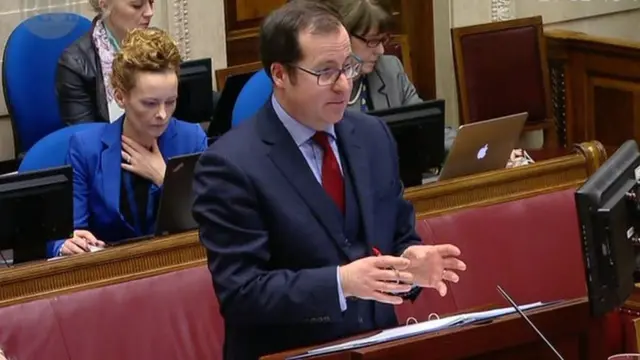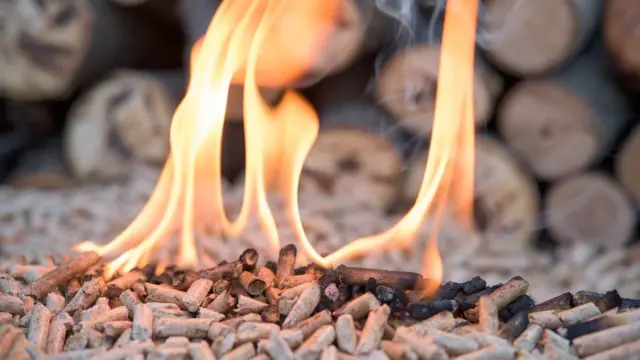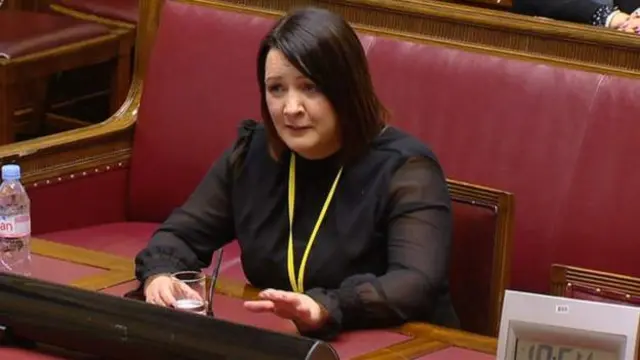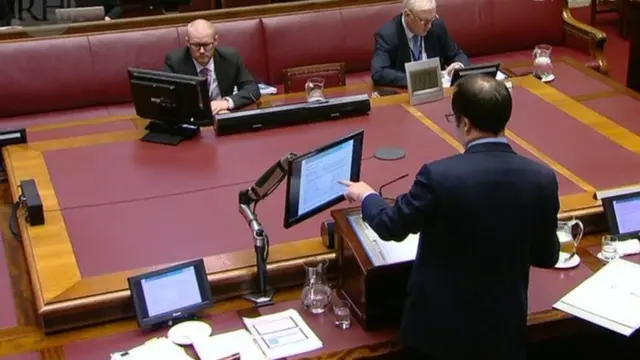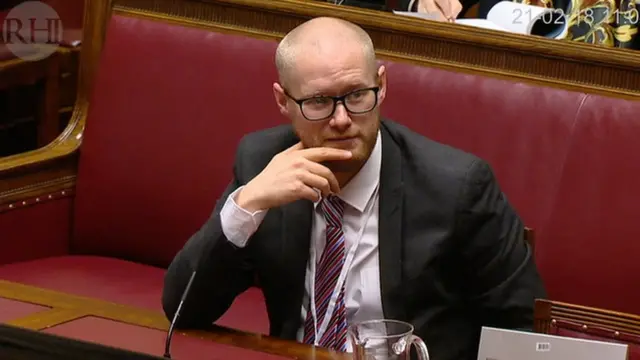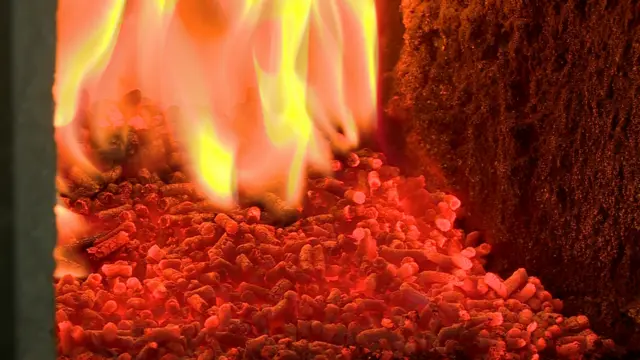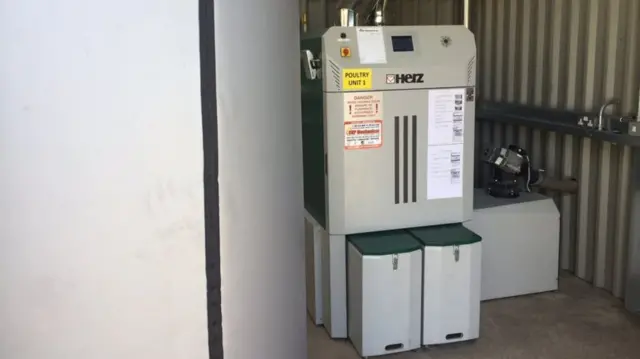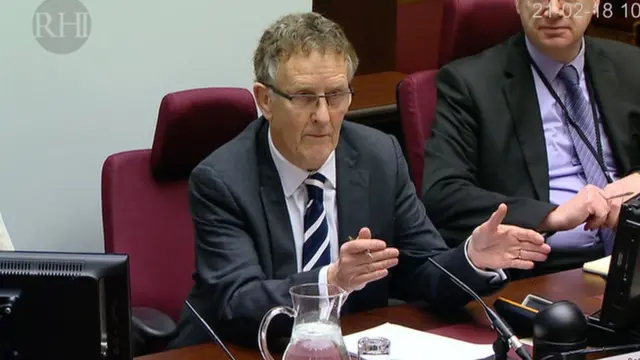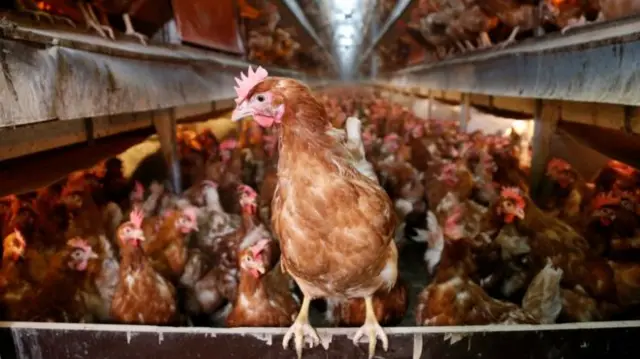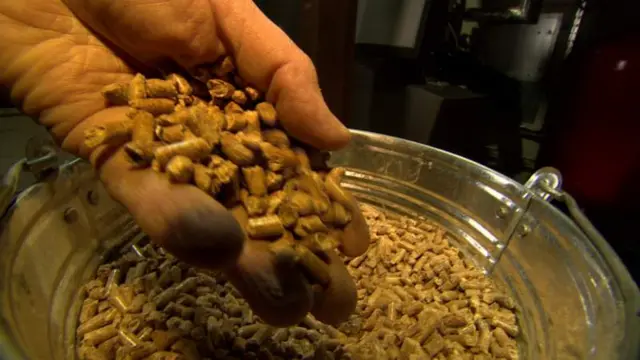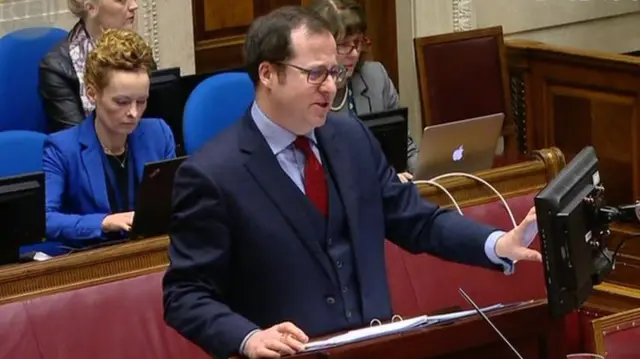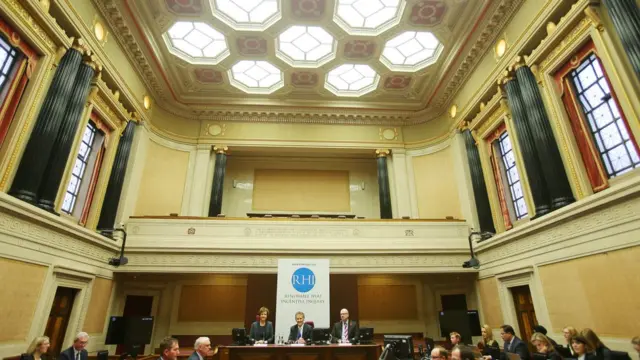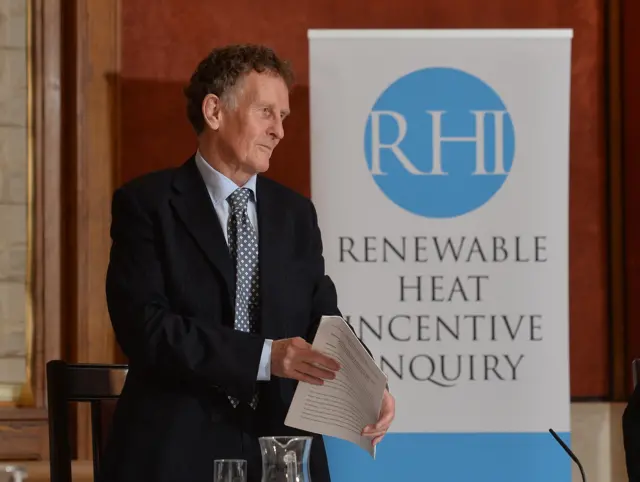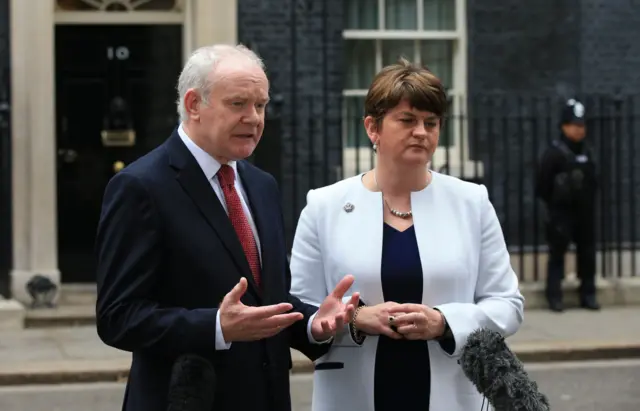'Whistleblower's follow-up chimed with me more'published at 13:14 GMT 21 February 2018
Further contact from the so-called whistleblower Mrs O'Hagan in May 2014 "chimed with me" more than the initial issues she had raised about the RHI scheme, says Mr Hutchinson.
She emailed him to reiterate the concerns she'd expressed at the meeting with DETI the previous October.
 Image source, Getty Images
Image source, Getty ImagesIn the email, she said "there is no incentive at all to be efficient" and the "heat in buildings is on all year round with windows open everywhere".
"When we had spoken you did not believe this, but please believe me, this is happening with almost everyone we approach," she added.


